The negative principle that no law is free law, is not much known except among lawyers
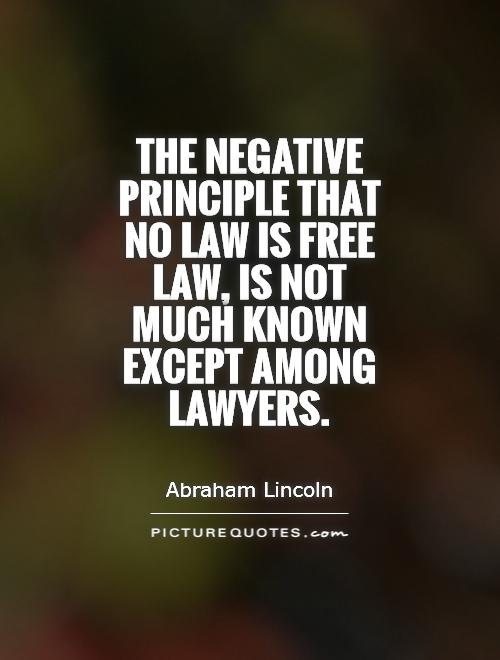
The negative principle that no law is free law, is not much known except among lawyers
Abraham Lincoln, the 16th President of the United States, was a man who understood the importance of laws and their impact on society. He believed in the rule of law and the necessity of upholding it to maintain order and justice. However, Lincoln also recognized the limitations of laws and the negative principle that no law is free law.The concept that no law is free law means that every law comes with consequences and restrictions. Laws are put in place to regulate behavior and protect the rights of individuals, but they also impose limitations on freedom and autonomy. Lincoln understood that laws, while necessary, can sometimes be restrictive and oppressive. He recognized that the enforcement of laws can sometimes infringe on the rights and liberties of individuals, leading to injustice and inequality.
This negative principle was not widely known or understood by the general public during Lincoln's time, as it was a concept that was more commonly discussed among lawyers and legal scholars. However, Lincoln was keenly aware of the complexities and nuances of the legal system, and he grappled with the implications of this principle in his own work as a lawyer and politician.
Throughout his presidency, Lincoln faced numerous challenges and dilemmas that tested his commitment to upholding the rule of law while also recognizing its limitations. He navigated issues such as the suspension of habeas corpus during the Civil War, the enforcement of the Emancipation Proclamation, and the passage of the Thirteenth Amendment abolishing slavery. In each of these instances, Lincoln had to balance the need for legal authority with the recognition of individual rights and freedoms.




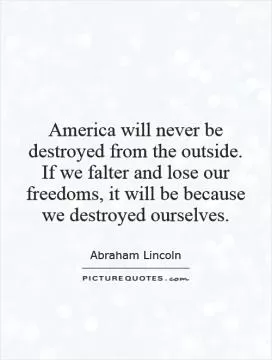

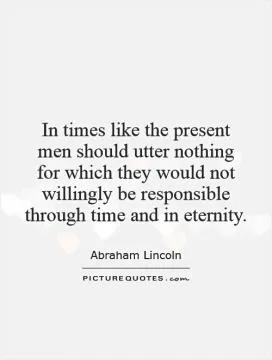
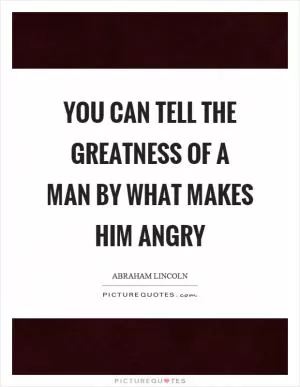
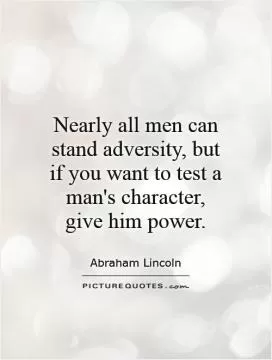
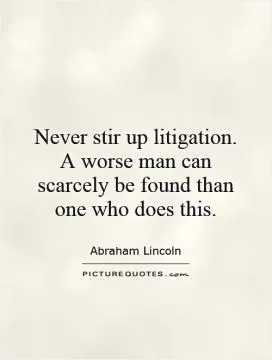
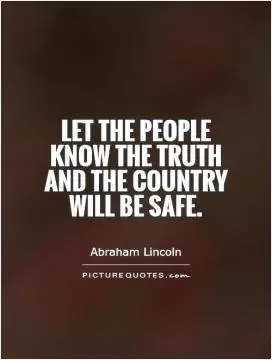

 Friendship Quotes
Friendship Quotes Love Quotes
Love Quotes Life Quotes
Life Quotes Funny Quotes
Funny Quotes Motivational Quotes
Motivational Quotes Inspirational Quotes
Inspirational Quotes